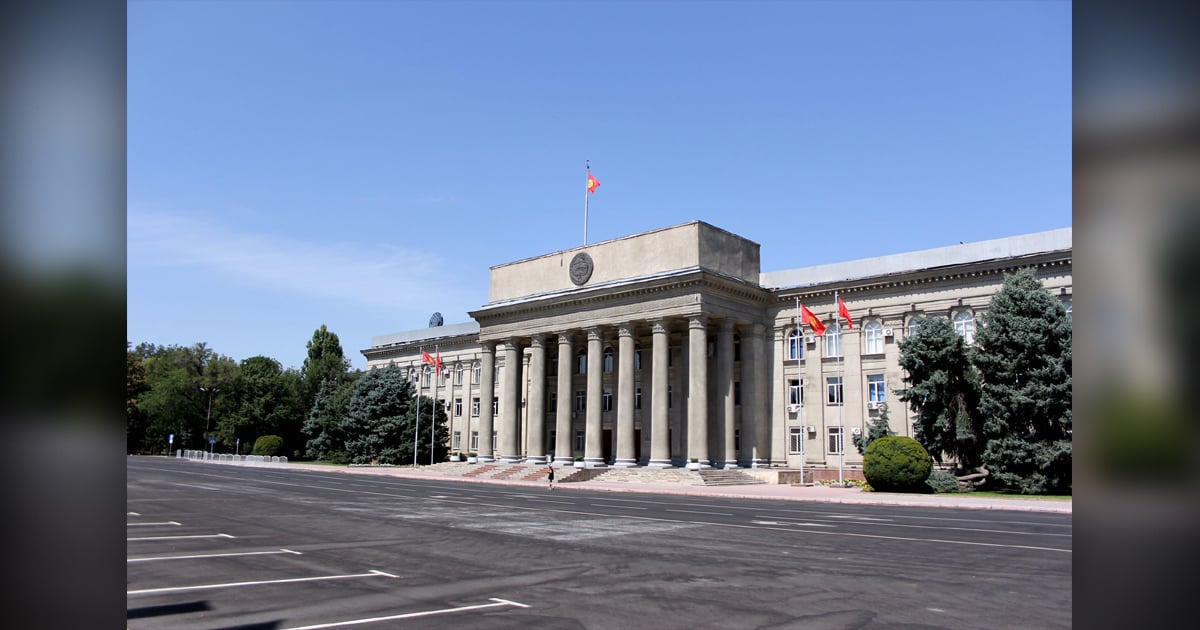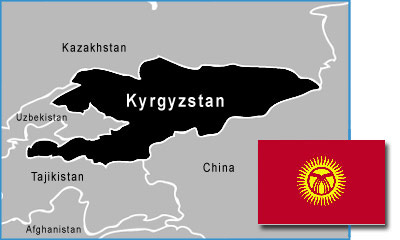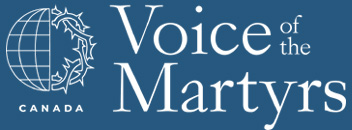
Photo: Flickr / Katie Putz (cc)
While the Kyrgyzstan constitution guarantees freedom of religion, various laws imposing significant restrictions on religious gatherings have been passed over the years, as well those forbidding proselytism and the distribution of religious literature. Since the 2008 Religion Law came into effect, churches were required to register with the government and, in order to do so, they had to consist of more than 200 adult members. In the years following, further modifications have frequently been proposed. One such bill was introduced in October 2023, but the parliament rejected it on June 6th, 2024. (Read more.)
Lawmakers have continued to attempt modifications which then resulted in further religious restrictions. The most recent draft bill passed its first reading on December 12th; however, several human rights organizations have since expressed concerns about the new legislation. One religious leader has referred to the bill as "a very dangerous law." For not only does the proposed legislation continue to ban all unregistered religious activities, this time the religious communities must have a minimum of 500 adult members in order to gain legal status. The proposed law further mandates that all places of worship are to be registered, and that an individual's freedom to publicly share their faith will be prohibited. Additionally, the new proposal requires religious communities to re-register every ten years.
Along with these specified restrictions, the State Commission for Religious Affairs (SCRA) would also be given wide-ranging powers to ban religious communities and seemingly arbitrary powers to reject registrations. Not only will communities have to obtain approval for any activities outside of their registered premises, but also all individuals must receive permission from the SCRA before conducting any "preaching activity." Fines for violating the restrictions would be sharply increased as well. If passed, the bill is scheduled to come into effect on February 1st, 2025.
The motives behind the increased restrictions are unclear. One human rights defender, who wishes to remain anonymous, stated: "Parliament is discussing the draft law in secrecy without publishing on its website the details of discussions and their results," adding that the lawmakers "seem to be in a rush, and this is alarming." To learn more about the challenges experienced by Christians in Kyrgyzstan, go to our country report.
Pray that God will swiftly intervene in the current deliberation process, guiding the decisions of Kyrgyzstan's parliamentary officials by granting them divinely inspired wisdom and discernment. As a result, may all unreasonable restrictions be rejected, enabling Christians the freedom to gather for worship and reach out to others in their communities – thus blessing Kyrgyz society as a whole. While our brothers and sisters in Christ prayerfully await a favourable outcome, may they rest in the knowledge that since the Lord is their Victor, His great Kingdom purposes will ultimately prevail.

 Population
Population
